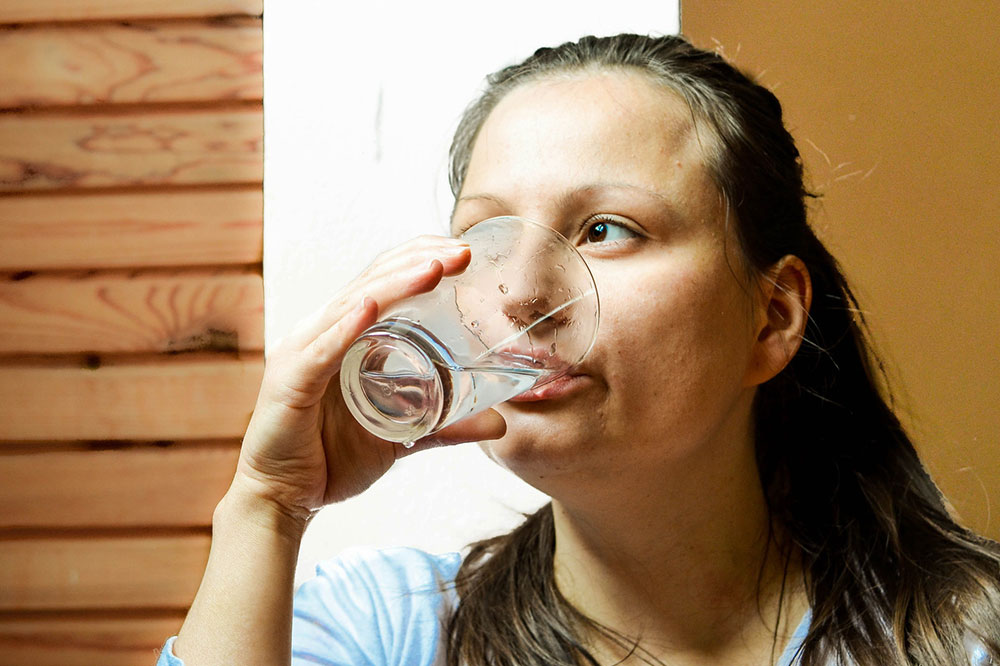Comprehensive Guide to Recognizing and Preventing Dehydration for Optimal Health
This comprehensive guide explores dehydration's causes, symptoms, and preventive measures, emphasizing the importance of proper hydration for health. Recognizing early signs and understanding risk groups help individuals and caregivers take action to avoid serious health consequences. Optimal hydration strategies and awareness are key to maintaining overall well-being, especially during illness or hot weather.

Understanding Dehydration: Causes, Symptoms, and Effective Prevention Strategies
Dehydration is a common yet potentially serious condition that occurs when the body loses more fluids than it takes in. This imbalance can interfere with vital bodily functions, leading to a range of health issues if left unaddressed. Whether you're engaged in strenuous physical activity, experiencing illness, or facing environmental challenges like hot weather, understanding dehydration is crucial for maintaining optimal health. This comprehensive guide delves into the causes, symptoms, risk factors, and preventive measures associated with dehydration, providing valuable insights to help individuals and caregivers stay vigilant and proactive.
Recognizing the signs of dehydration is essential for early intervention. Symptoms can manifest differently across age groups. Infants and young children might display signs such as dry mouths, lack of tears when crying, sunken eyes, and cheeks, which are subtle yet important early indicators. In adults, dehydration often first presents as intense thirst, decreased urination frequency, dark-colored urine, fatigue, dizziness, dry mouth, and even headaches. Recognizing these symptoms early can prevent progression to more severe dehydration, which can have serious health consequences.
What causes dehydration? The list of causes for dehydration is extensive but often straightforward. Insufficient water intake, especially during illness, hot weather, or physical activity, is a primary factor. Conditions such as vomiting and diarrhea can rapidly deplete the body's water reserves. Fever increases metabolic rate and fluid loss, while excessive sweating during intense exercise or exposure to high temperatures also contributes. Additionally, certain medical conditions like diabetes mellitus and medications such as diuretics or laxatives can promote increased urination, leading to dehydration. Even inadequate hydration habits during routine daily activities can accumulate over time and pose risks.
Individuals most at risk of dehydration include vulnerable populations such as infants, young children, the elderly, and individuals with chronic health conditions like diabetes, heart disease, or dementia. Age-related physiological changes, such as lower total body water content and a diminished sense of thirst, make seniors more susceptible. Children, owing to their higher metabolic rates and smaller fluid reserves, can become dehydrated more rapidly during illness or heat exposure. People with chronic illnesses or those taking specific medications may experience increased fluid loss or impaired water retention, heightening their risk.
Effective prevention strategies focus on maintaining adequate hydration levels, especially during times of increased need. Regular water intake—aiming for about 8 to 10 glasses daily, adjusted for individual needs—is essential. Consuming water-rich foods, such as fruits and vegetables, can also contribute to hydration. During hot weather, strenuous physical activity, or sickness, increasing fluid intake is vital. It's equally important to recognize early warning signs and respond promptly by drinking fluids or seeking medical advice if symptoms worsen. Additionally, educating at-risk populations about hydration importance can significantly reduce dehydration incidents.
In conclusion, staying well-hydrated is a fundamental aspect of health maintenance. Understanding the causes, recognizing early symptoms, and adopting practical prevention measures can mitigate health risks associated with dehydration. With proper awareness and proactive behavior, individuals can effectively safeguard their well-being, especially during challenging conditions such as heatwaves, illness, or physical exertion.





